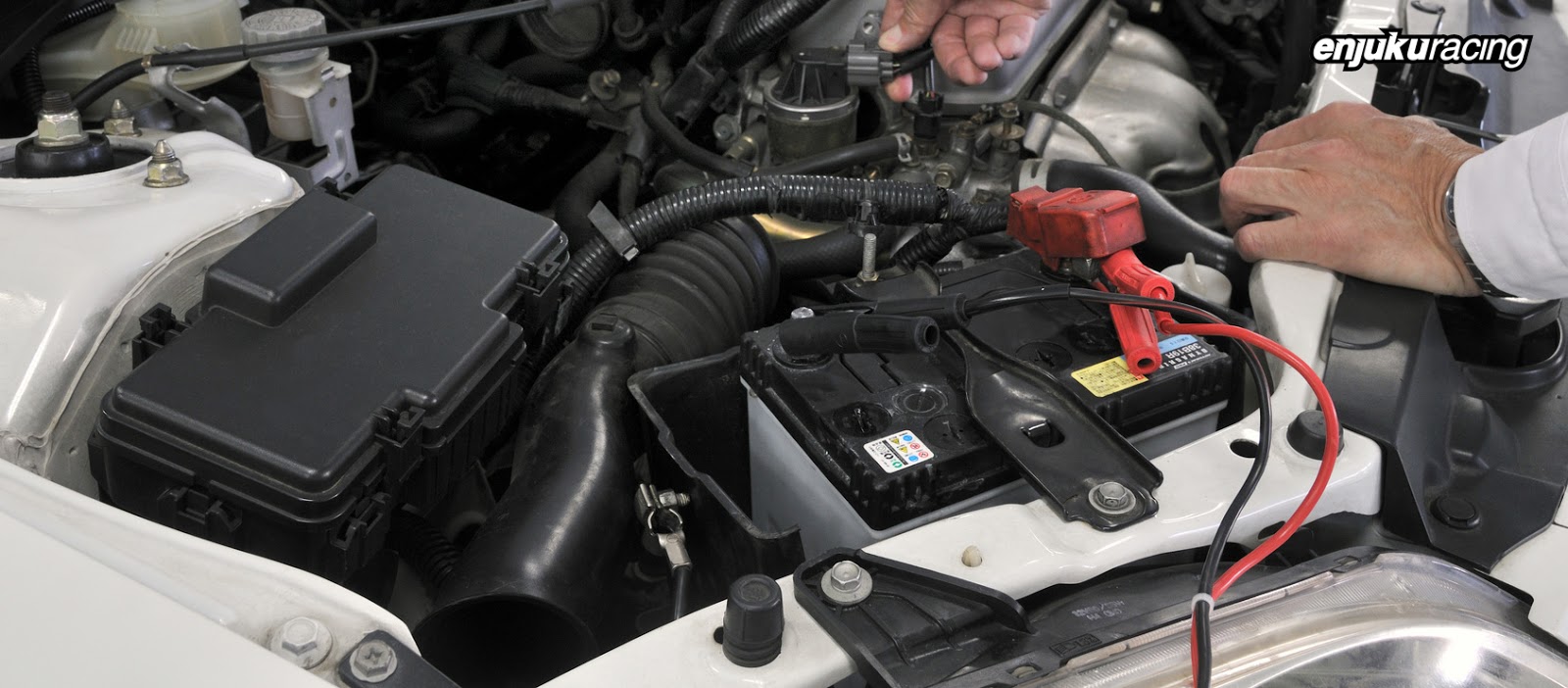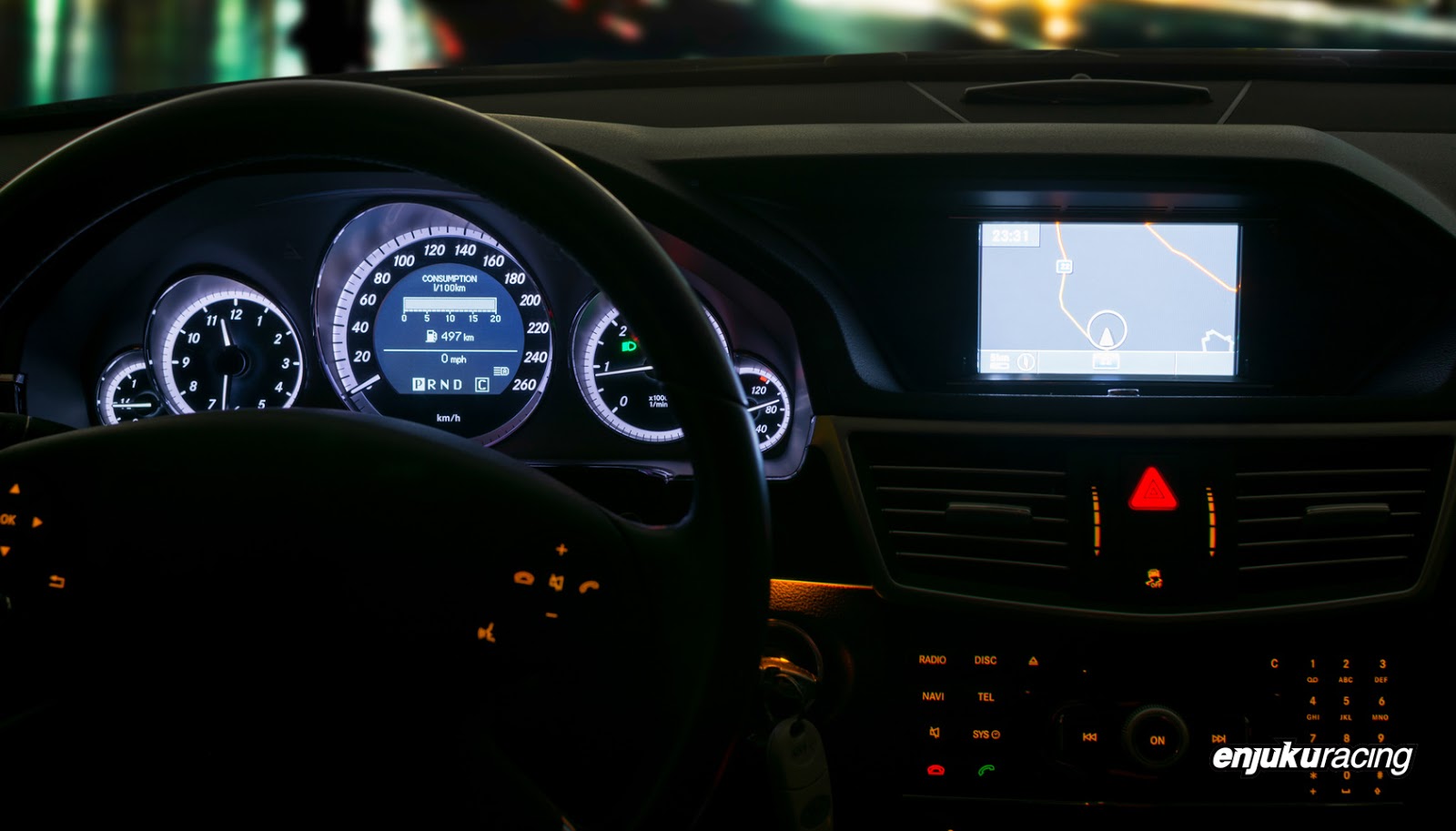9 Summer Road Trip Preparation Tips

With summer just around the corner, many people are planning exciting road trips to kick off the warm weather. If you’re one of them, it’s important to get started with your road trip preparations early, including prepping your vehicle before you get behind the wheel and zoom off to a nice change of scenery. You can ensure proper vehicle maintenance by having it serviced by a professional mechanic. If you have the skills to perform your own auto work, you can take the reins and service the vehicle yourself.
Performing car maintenance before a road trip can spare you the inconvenience of an overheating car or a flat tire, both of which could have been prevented with a simple inspection. Preparing your car for a road trip will also help you and your family stay safe by ensuring that your vehicle doesn’t have any safety issues that could put it at risk of a car accident. With this in mind, let’s take a look at the most important car preparation tips to keep in mind for a summer road trip.
1. Get an Oil Change
Mechanics often recommend changing a car’s oil every 3,000 - 4,000 miles. If your car is a few hundred miles from an oil change, be sure to consider the miles that your trip will contribute before deciding whether to change the oil. If your trip puts enough miles on your car to require an oil change before your journey is complete, it’s a good idea to get it done before the trip.
Oil lubricates the moving parts in a vehicle’s engine to prevent them from grinding together and experiencing premature wear. This alone makes it one of the most important engine fluids for vehicle longevity and should be a top priority in your road trip preparations. There are three basic types of oil you can use: synthetic, synthetic blend, and conventional oil. For many drivers, synthetic and synthetic blends offer the most advantages.
Synthetic oil is beneficial because it’s produced molecule by molecule, giving it a refined composition that enhances lubrication, works well in extreme temperatures (below freezing to above 100°F), doesn’t need to be changed as often as conventional oil, and helps improve fuel economy and engine performance.
On the other hand, synthetic blend oil has most of the advantages of synthetic oil while costing less. However, synthetic blends must be changed more frequently because the viscosity of the blend tends to break down at a higher rate than regular synthetic oil. When preparing your car for a road trip, don’t forget to check oil levels and top up if needed.

2. Check the Battery
Another vital car maintenance requirement for road trip preparation is checking your battery. The vehicle battery powers all of the car’s electrical components: radio, lights, power locks, alarm system, and so on. One of the most common types of batteries — the lead-acid battery — comprises six cells and lead-oxide plates filled with an electrolyte. These batteries usually last between 5 to 7 years, but they can last longer if the vehicle is driven daily, which helps keep the battery constantly charged.
Most drivers have a mechanic change their car battery, but the task is simple enough to do on your own with the help of a resource that offers a step-by-step guide. In addition to changing a battery, it’s also useful to check the charge of your current battery. Mechanics can do this using computer diagnostics equipment.
3. Inspect the Tires
An automobile’s tires receive the most wear. In that regard, they must be in great condition before you embark on a trip. If you choose to self inspect your tires instead of having a mechanic do it, check for the following signs that indicate replacement:
- Low tread (less than 2/32-inch tread depth)
- Bumps and bulges that could indicate a tire is degrading internally
- All sizes of cuts, cracks, and splits in the tread and sidewall
Automotive professionals often recommend rotating a car’s tires every 5,000 miles to balance tread wear between front and back tires, especially when a vehicle uses front or back tires to facilitate acceleration. Since rotating tires essentially requires the same skills as changing a tire, you can learn to do both tasks easily.
Now that you’ve done a tire inspection as part of your road trip preparation and ready for a long drive, be sure to check the tire pressure before you leave. The volume of air a tire can hold depends on its size, which is measured by the air-filled loop inside of a tire. A mechanic can tell you how much air each brand or size should hold. Embarking to your destination with properly inflated tires will help improve fuel economy and also prevent flats should you hit a pothole or execute a hairpin turn.
4. Check Fluid Levels
When preparing your car for a road trip, don’t forget to check levels for the following fluids:
- Engine coolant
- Windshield wiper cleaner
- Antifreeze
- Transmission fluid
A mechanic can do the job for you, but the task is easy enough for most people to perform on their own, saving the cost of mechanic labor in the process. If you need help locating fluid reservoirs in your automobile, check the owner’s manual for more information — you’re now halfway in your car road trip preparation.
Depending on the length of your trip and how much time you might spend driving, it may be necessary to check your fluids before the drive back. Most engine fluids are relatively inexpensive and can be applied easily with the help of a long-nose funnel. Checking your vehicle’s fluids and replacing them as needed shouldn’t detract much time from your travel itinerary or complicate your financial plans for the trip.
5. Examine the Brakes
Like tires, brakes receive a heavy degree of wear. They reduce speed via brake pads that compress against the rotor or disk in the brake assembly. Depending on their composition, brake pads can last for tens of thousands of miles, but all brake pads eventually show signs of wear and tear.
How do you know if your brake pads need to be replaced? The most obvious sign is when the pads wear away and make the caliper assembly grind against the rotor when pressure is applied. When this happens, a distinctive grinding emanates from metal parts pressing together under pressure. This problem should be addressed quickly, as calipers are not meant to serve as brake pads and could decrease the stopping power of the automobile. This should be prioritized in road trip preparation plans.
Another sound to be aware of is a high-pitched squealing noise. This noise typically begins when brake pads are almost spent. High-quality brake pads are designed to make this noise to alert you to the pads’ poor condition. In terms of safe driving, performing a thorough inspection of your car’s brake assembly is one of the most important parts of performing car maintenance and preparing your car for a road trip.
6. Inspect Exterior Lights
There are major reasons to inspect the exterior lights of your vehicle as a part of performing car maintenance before a road trip. An extinguished headlight can not only make it hard to see the road at night, but it can also make it difficult for oncoming drivers to judge the size of your vehicle and how far away it is. Additionally, an extinguished headlight can get you ticketed and delay your journey.
It’s also essential to check your tail lights for the same reasons. Since tail lights indicate to other drivers approaching from the rear a change in speed, it can help them to make safer driving decisions. In addition, check your turn signal lights and blinkers. If one of your front or rear blinkers is extinguished, it could precipitate an auto accident by leaving other drivers uninformed when you plan to turn. Take note of all these small details in your road trip preparation.

7. Inspect Interior Lights
Interior lights illuminate the vehicle’s cabin and include dashboard and gear shifter lights. Having an unilluminated dash can be dangerous when you are unable to read the speedometer, potentially resulting in unsafe driving speeds. On the other hand, the lack of interior dome lights can be an annoyance.
8. Resolve Problem Indicators
Though you may ignore your car’s Check Engine light while you take short trips around town, be sure to find out whether the light is simply misfiring or indicating a real problem before you set off on a road trip. A mechanic can easily check the status of a car’s Check Engine light by connecting the hardware to a diagnostic computer that locates the problem. With your Check Engine light off, you can be assured that your car is running properly and tick this off your road trip preparation list.
9. Check Air Filters
Checking air filters is also vital when preparing your car for a road trip. Most vehicles have at least two air filters: one that filters airflow into the engine compartment and another that filters air circulation in the cabin. A clogged cabin air filter won’t cause mechanical problems, but it will inefficiently filter out particles that could cause allergy flare-ups. A clogged engine air filter, on the other hand, could cause mechanical problems. A clogged engine filter can potentially cause your engine to overheat.
Need Auto Replacement Parts?
At Enjuku Racing, we do more than sell aftermarket performance accessories that redefine a vehicle’s drive. We also offer replacement parts for maintaining the standard driving performance of a brand new car. If you perform car maintenance before a road trip and find that you need new tires, brakes, lights, or air filters, visit our store and get the replacement parts you need to make your road trip one that will be free of automotive problems. We have quality aftermarket parts for your road trip preparation needs.
Whether you install them yourself or have a mechanic do the job, there’s a good reason to get the auto parts you need from us. We carefully select each of our components with vehicle performance and safety in mind. For assistance with parts selection, call us at 352-241-8363 or email us at questions@enjukuracing.com. To place an order, simply choose your parts and proceed to the online payment destination, or give us a call at (888) SR20DET.

